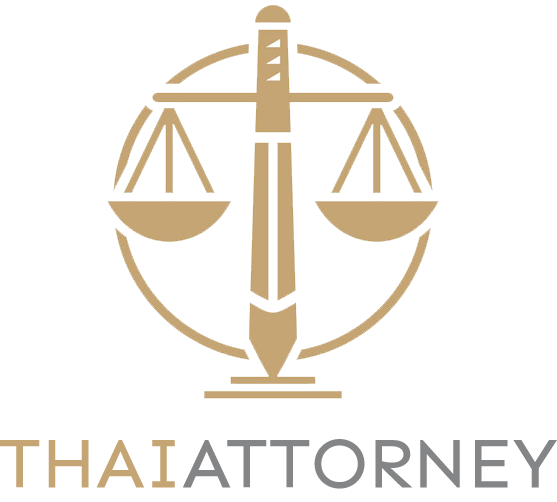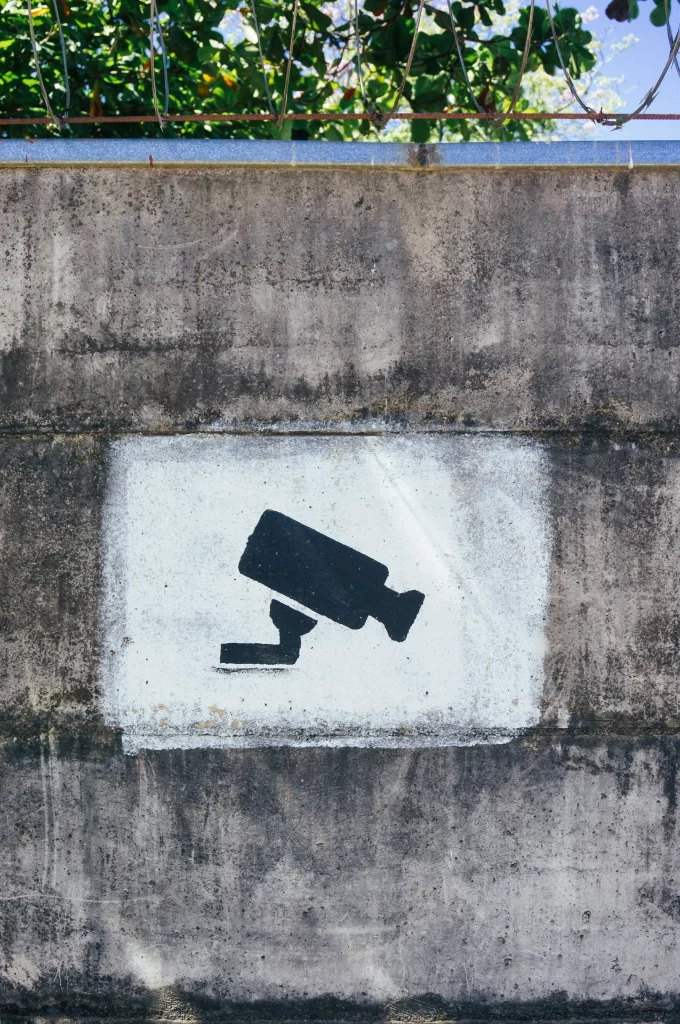Private investigation in Thailand are commonly used by businesses, law firms, and individuals seeking to gather intelligence, verify facts, or conduct surveillance. Operating in a legally complex environment, private investigators (PIs) must navigate privacy laws, corporate regulations, and cultural sensitivities while conducting their work.
1. Legal Framework for Private Investigators in Thailand
Unlike some countries, Thailand does not have a specific law governing private investigators. However, investigative activities are regulated under:
- Thailand’s Criminal Code (Sections on defamation, privacy, and unlawful surveillance).
- Personal Data Protection Act (PDPA) B.E. 2562 (2019) – Restricts the collection and use of personal data.
- Civil and Commercial Code – Governs contracts and liability related to investigative work.
While PI work is legal, certain activities, such as unauthorized surveillance or hacking, may violate Thai law.
2. Common Types of Private Investigation Services in Thailand
2.1 Corporate and Business Investigations
- Background Checks: Verifying the identity, financial status, and criminal history of employees, business partners, or investors.
- Corporate Espionage Defense: Detecting internal fraud, financial mismanagement, or unauthorized leaks of business information.
- Intellectual Property (IP) Investigations: Monitoring counterfeit goods and trademark infringements.
2.2 Surveillance and Personal Investigations
- Infidelity and Relationship Investigations: Surveillance to determine whether a spouse or partner is being unfaithful.
- Missing Person Searches: Locating lost family members, debtors, or foreign nationals who have disappeared.
- Social Media and Digital Footprint Analysis: Investigating online activities for legal or personal matters.
2.3 Legal and Insurance Investigations
- Litigation Support: Gathering evidence for court cases, including witness interviews and document verification.
- Insurance Fraud Detection: Investigating fraudulent claims related to accidents, disability, or life insurance policies.
2.4 Security and Counter-Surveillance Services
- Bug Sweeps and Counter-Surveillance: Detecting hidden cameras, GPS trackers, or wiretaps.
- VIP and Executive Protection Intelligence: Conducting risk assessments and background checks for security purposes.
3. Methods and Tools Used by Private Investigators in Thailand
- Surveillance Techniques: Physical observation, vehicle tracking, and discreet photographic documentation.
- Digital Investigations: Analyzing online data, social media activity, and financial records.
- Undercover Operations: Infiltrating organizations to uncover fraud or misconduct (requires legal compliance).
- Public Records and Legal Research: Examining business registrations, property deeds, and court filings.
4. Challenges and Limitations of Private Investigations in Thailand
- Privacy Laws: The PDPA (2019) restricts the collection and sharing of personal information without consent.
- Defamation and Libel Risks: Publishing or revealing unverified information may result in legal action.
- Language and Bureaucratic Barriers: Investigations often require knowledge of Thai language, local laws, and government documentation.
- Law Enforcement Cooperation: Certain cases, such as criminal matters, require coordination with the Royal Thai Police.
5. Hiring a Private Investigator in Thailand
When hiring a private investigator in Thailand, consider:
- Licensing and Experience: While Thailand does not require formal PI licenses, a reputable investigator should have a legal and investigative background.
- Understanding of Thai Law: Ensure the investigator operates within legal boundaries to avoid complications.
- Discretion and Confidentiality: Investigators should follow strict confidentiality agreements to protect client privacy.
Conclusion
Private investigation services in Thailand play a crucial role in corporate security, legal cases, and personal matters. However, investigators must navigate strict privacy laws and ethical concerns while gathering intelligence. Hiring a professional, law-abiding investigator is essential for ensuring that investigations remain effective and legally compliant.

